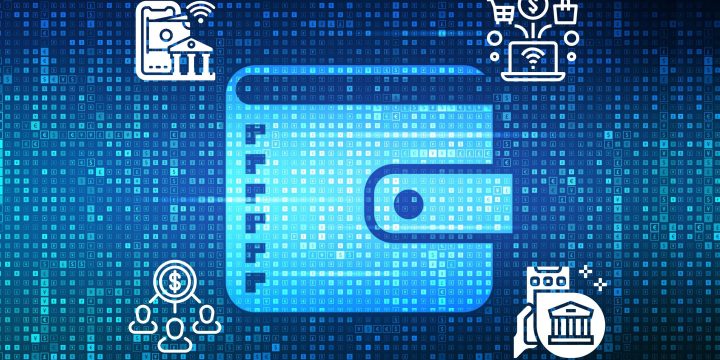
Types of Digital Money
Whether you are looking for digital currency for your business or a form of currency to invest in, you are likely to come across some different types of digital currencies. They include virtual currency, central bank digital currency, and cryptocurrencies. Generally, these types of digital currencies are stored on digital computer systems and are then exchanged over the internet. History Despite its flaws, digital money has come a long way from the early days of electronic check writing. One of the first companies to pioneer the digital financial domain was PayPal. The company has been able to capitalize on the digital age by offering a full suite of online and mobile services to its clientele. The company has earned a stellar reputation for its technological expertise, as well as its…

